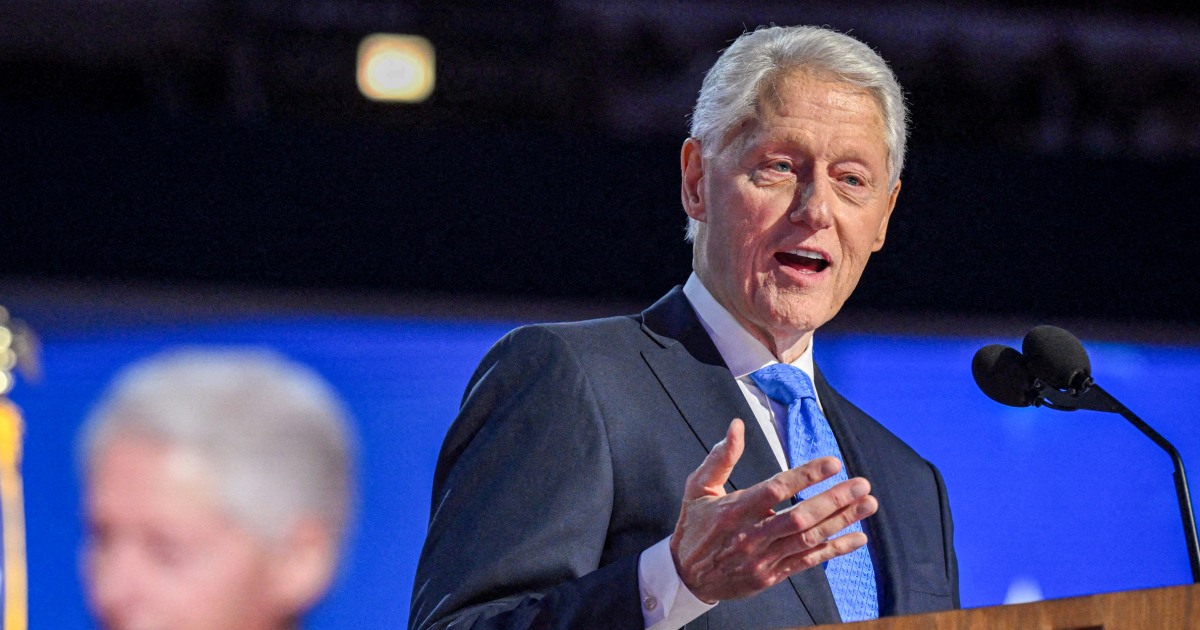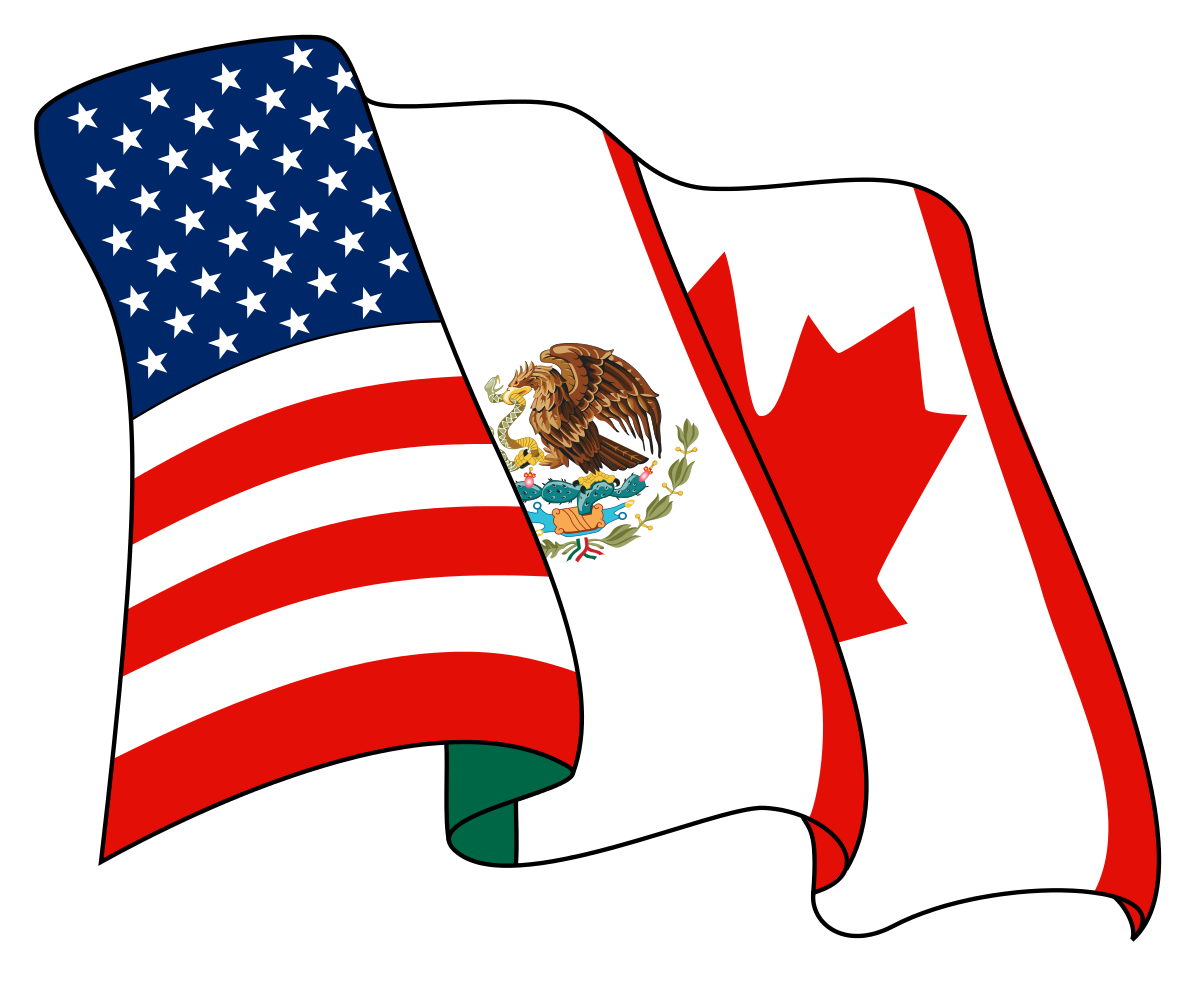The USMCA modernized NAFTA for a global economy.... it updated rules that govern labor... the environment...
And tech... it protects our tech companies...
It made NAFTA workable and didn't screw our nation over... America first pal whether you like that or not....
So, you have no fucking clue. You are just throwing out talking points.
Let me educate you.
I posted this when the deal was first done...this is a copy and paste from that thread.
Changes from NAFTA to USMCA...
1. Cars and trucks must have 75 percent of their components manufactured in Mexico, the US, or Canada to qualify for zero tariffs (up from 62.5 percent under NAFTA). While this sounds some what impressive, there are only two car lines sold being made in these countries that did not already meet the 75% rule. Trump wanted it to be 85%, but the other two would not agree to that, so he relented.
2. 40% of an automobile and 45% of a light truck must be produced using an average labor wage of $16/hour by 2023. Very nice for Mexicans, meaningless for Americans and not enough to force companies to bring production home when the average union auto worker is making $28 an hour with a whole lot better (and more expensive) benefits.
3. Restrictions on the import of U.S. ultra-filtered milk into Canada have been removed. This is a niche product used mostly by people like body builders and such looking for a boost in protein without extra sugar. Total sales in America are in the 130 million range and the companies that make it are very limited.
4. US producers will have access to an additional 3.6% of Canada’s dairy market. The entire Canadian Dairy market is about 10.5 billion total, so 3.6% of that is about 380 million. The US dairy market is about 47 billion, so the extra sales come out to 0.81% addition...less than 1% more sold...and that is only if they can take advantage of the full 3.6% extra that is open...which is not guaranteed. According to the US International Trade commission the new deal would add about 227 million a year to US dairy sales, or 0.61%. I guess they are not expecting the dairy companies to be able to take advantage of the whole extra 3.6% of the Canadian market.
5. The Trump White House said that the USMCA will create 176,000 jobs. Again, sounds impressive till you find out that is over the 16 year lifespan of the USMCA...or about 11,000 per year or 917 extra jobs per month...917! Not exactly a needle mover in regards to the economy.
6. The Trump White House also said that the USMCA would add 76,000 new auto jobs in the US...over the 16 year lifespan...that comes out to 4750 a year or 396 a month. Again...not really moving the needle at all considering there are 9.9 million auto workers in the US right now.



